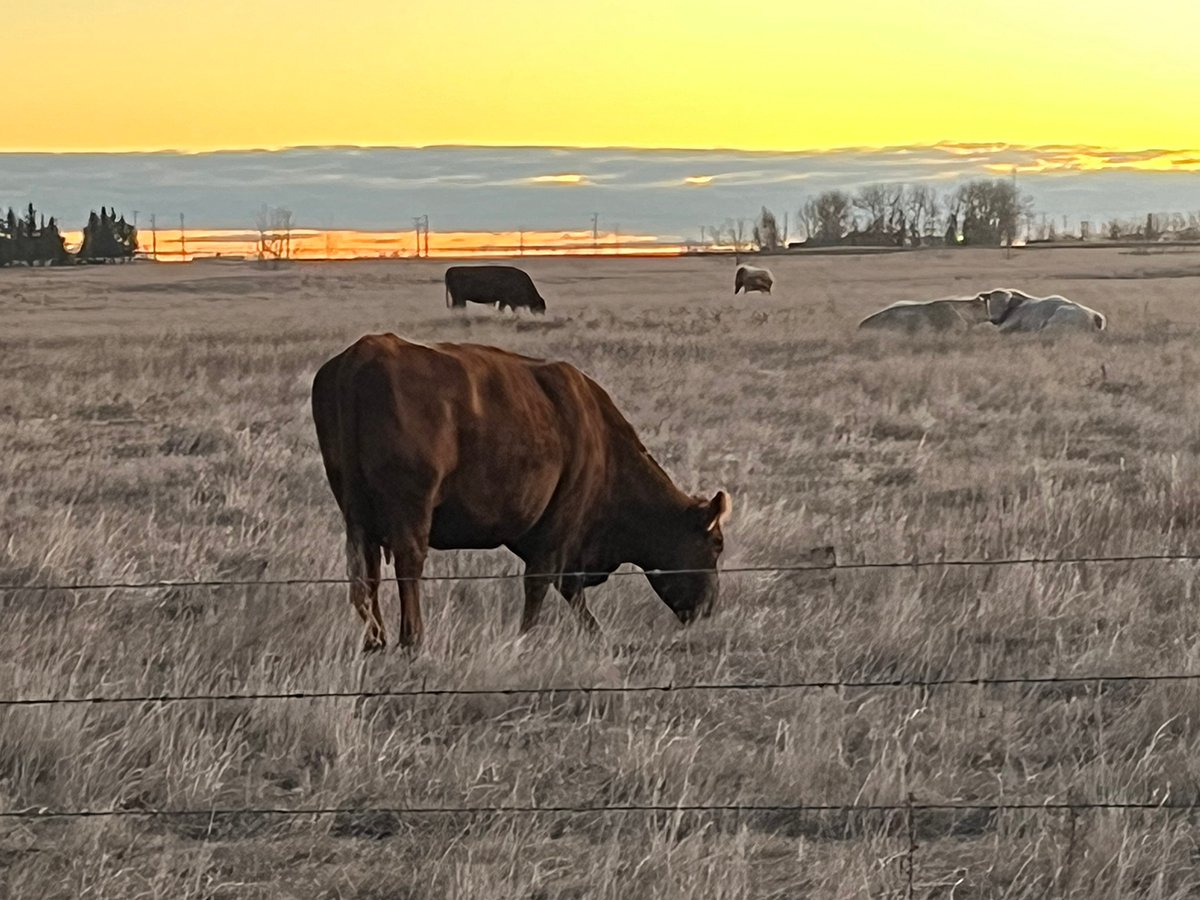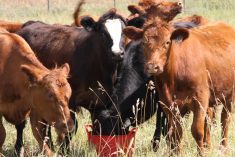HIGH RIVER, Alta. – A Calgary oil and gas company decided to live by the golden rule this fall when it entered a beef deal with a southern Alberta ranching family.
Working with Grant and Annette Hirsche of High River, Esprit Explorations decided to do something special for the rural communities where it has been doing business for a number of years, said Jim Taylor, manager of community affairs.
The company drills about 50 wells a year throughout southern and central Alberta, and saw the hurt some rural communities are experiencing since a single case of bovine spongiform encephalopathy shut down the beef trade.
Read Also

Animal protection delivery to change in Saskatchewan
The Saskatchewan government is looking for a new agency to handle animal welfare after Animal Protection Services of Saskatchewan decided not to renew its contract next year.
The company bought 4,500 pounds of ground beef from the Hirsches, who breed Hereford and Angus cattle.
“It’s good advertising for him and it’s good for us to thank the people in the community,” said Taylor.
The plan was simple.
The Hirsches got rid of cull animals and the oil company provided schoolchildren with $10 gift certificates for 10 pounds of ground beef in several rural communities. Extra certificates were provided for shut-ins and other needy people. Leftover beef will go to the High River and Acme food banks.
Providing gift certificates through rural schools would ensure families were being fed, especially those too proud to go to food banks, he said.
Esprit also sponsored a rally in Olds for about 1,500 people in mid-October. Leftover beef went to food banks.
For their 12th annual production sale, the Hirsches offered a trade-in on old bulls to their customers. Buyers would receive a 52-cent per lb. credit for their cull bulls, providing they spent more than $3,000 on a Hirsche replacement bull at the family’s annual sale Nov. 12. About 35 bulls of all breeds arrived at the farm and because of inclement weather on sale day, the offer was extended another two weeks. The culls will go into the beef program.
The Hirsches have sold Hereford genetics around the world.
This year, visitors came from Europe, the United States and Canada. More than 300 braved a snowy, cold November day to attend and show their optimism even after the industry has been battered with drought and BSE.
About 100 lots of yearling bulls, calves and heifers were sold.
While many of the bred heifers went for just slightly above commercial heifer prices, the sale had some high points. The top seller was $27,000 for a heifer that went to an Oklahoma buyer.
A Hereford bull calf went for $21,000 to a Saskatchewan buyer. Other bulls ranged in price from $2,000-$9,600.
A contingent of buyers from Colorado actively bid even though breeding stock exports are prohibited.
If the USDA proposal to allow live cattle back into the country passes early next year, only animals under 30 months of age and destined for slaughter or feedlots are allowed.
Bill Brennan of Rifle, Colorado, and owner of LOV Ranch, has been buying Canadian breeding stock for 15 years and does not plan to stop.
“All the old bulls we have are Canadian bred bulls,” he said.
His purchases will remain at the High River ranch and genetic material will be gathered in Canada. Semen and embryos may be exported.
Brennan wants purebreds allowed back into the country because he does not perceive any disease risk. Purebred cattle are registered and all their activities are documented, so if problems arose, the traceback is easy, he said.















